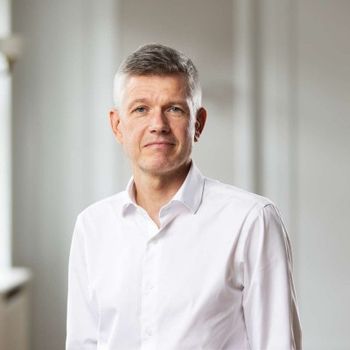
Epidemiologist Anders Peter Hviid leads research reassuring vaccine safety across autoimmune, allergic, and neurodevelopmental disorders.

Epidemiologist Anders Peter Hviid leads research reassuring vaccine safety across autoimmune, allergic, and neurodevelopmental disorders.
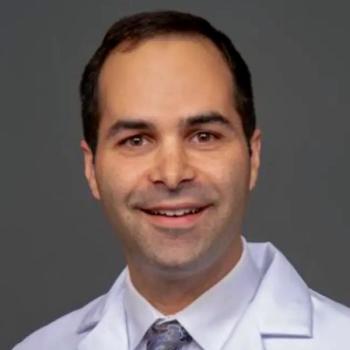
Aaron Mishkin, MD, discusses the prolific transplantation department at Temple University and how the infectious disease team, including the fellows, supports these lifesaving procedures.
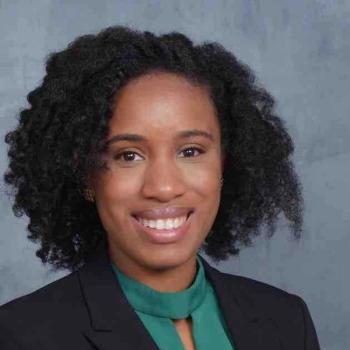
Raven Boone, DO, discusses her experience in the Temple University fellowship program and what she is exposed to in terms of cases and learning opportunities.
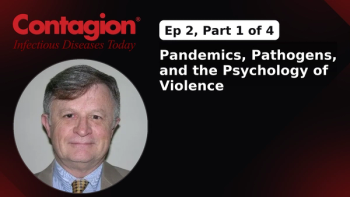
Ep 2, Part 1 of 4: How infectious diseases may fuel global instability in a conversation with psychiatrist Robert Bransfield, MD.
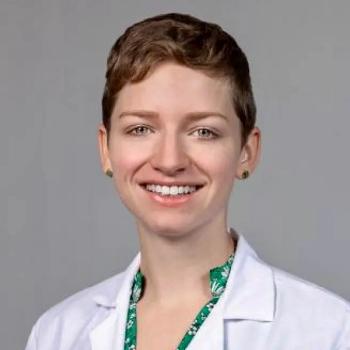
In the second part of her interview, Temple’s Stephanie Spivack, MD, talks about how she works with different specialties at the hospital to help this marginalized population receive the care they need.
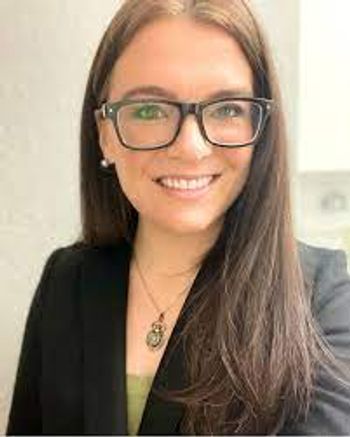
In the second part of an interview with Andrea Prinzi, PhD, MPH, SM(ASCP), she talks about how the March of Dimes played such a significant role against the disease, how the polio oral vaccine is a singular lesson that can be applied to medical science as a whole, and the understanding of the need to adapt to changing circumstances.

Andrea Prinzi, PhD, MPH, SM(ASCP), provides insights on how polio cases rose despite sanitation and hygiene improving as well as Jonas Salk’s and Albert Sabin's approaches to their vaccines' development.

Stephanie Spivack, MD, talks about the diverse educational experiences afforded to fellows during their time at Temple University as well as the devoted clinical care that serves the local community.

César de la Fuente, PhD, provides insights on the promising work of his lab as they accelerate the speed of finding new antimicrobial molecules.
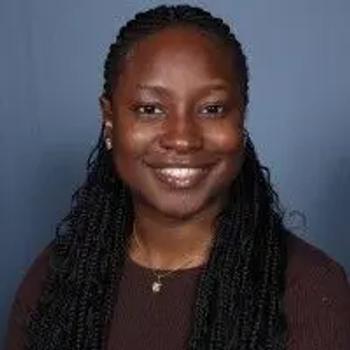
At ASM Microbe 2025, Pelumi Oladipo discusses E marmotae’s reduced motility, misidentification as E coli, and the diagnostic tools closing the gap.
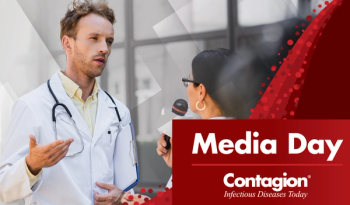
Rafik Samuel, MD, chief of the Section of Infectious Disease at Temple University Hospital and professor of medicine at Lewis Katz School of Medicine at Temple University, talks about its history and the uniqueness of its fellowship program.
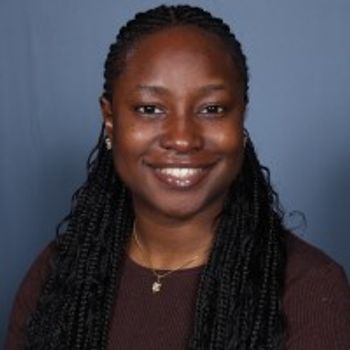
Presented at ASM Microbe, Pelumi Oladipo's study identifies the first North American human case of E marmotae infection and introduces methods to improve species-level diagnosis.

Shaun Yang, PhD, D(ABMM), FIDSA, MLS(ASCP) talks about how his team developed a test to identify fungi, and how they utilize it to diagnose, make treatment adjustments, and rule out hospital acquired infections.
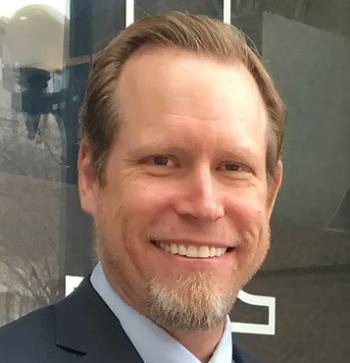
Jason Haukoos, MD, on how the DETECT Hep C trial leverages 24/7 emergency care to reach vulnerable patients.
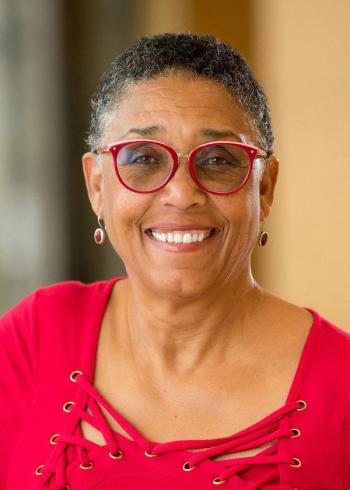
Margie Lee, DVM, MS, PhD, wants young researchers and providers to know that despite the current environment, this is not the first time science has had to deal with a challenges to research and funding.

Luisa M Stamm, MD, PhD, further discusses MK-8527 and islatravir-based regimens in HIV research.
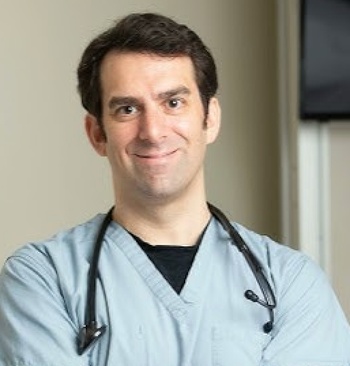
In the second installment of our conversation with Jeremy Faust, MD, he addresses the uncertainty surrounding guidance and where to turn for information.

At IAS 2025, ViiV’s Jean van Wyk, MBChB, MFPM, shares how real-world data and patient priorities are guiding a new era of HIV care.

Jeremy Faust, MD, discusses what he and other providers are dealing with in the face of conflicting guidance and actions from the federal agencies.

Jason Haukoos, MD, MSc, FACEP, shares the decade-long journey behind the DETECT Hep C trial and why emergency departments are key to implementing Centers for Disease Control and Prevention screening guidelines.
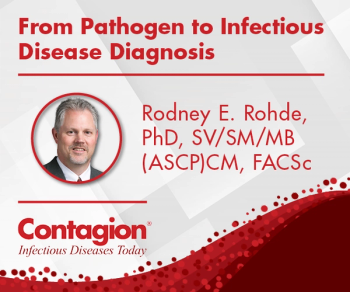
In our latest podcast, first author Elizabeth Marlowe, PhD, D(ABMM), offers insights on her study looking at this ongoing issue, including the need for increased testing and getting patients into the continuum of care in a more efficient manner.
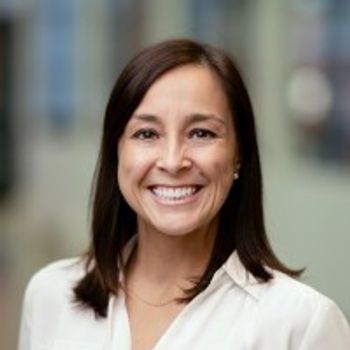
At IAS 2025, Luisa Stamm, MD, PhD, explains the NRTTI’s mechanism, study setup, and key data on HIV prevention efforts.

TAXIS Pharmaceuticals Chief Scientific Officer Ajit Parhi, PhD, discusses dihydrofolate reductase inhibitors as a novel approach to combat resistant Neisseria gonorrhoeae.

At IAS 2025, the VOLITION and OPERA study data show patient preference and real-world use of injectable CAB + RPV LA, informing the treatment strategy of ViiV CMO Jean van Wyk.
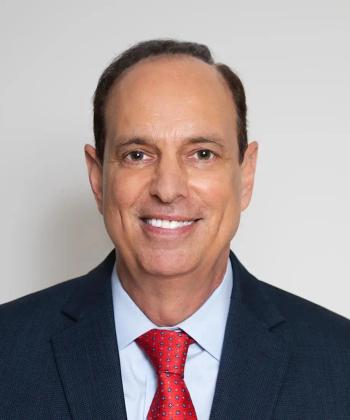
Carl Schmid on the US Supreme Court ruling, proposed Centers for Disease Control and Prevention cuts, stigma, and why equitable PrEP access, including new long-acting options, depends on more than insurance.
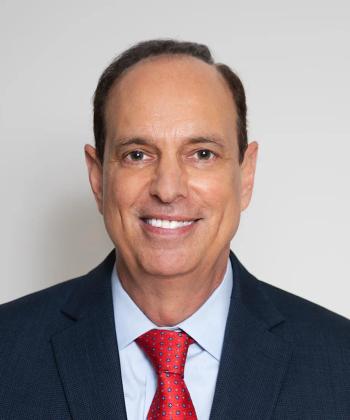
HIV+Hepatitis Policy Institute director discusses PrEP access, insurer compliance, and challenges ahead following the landmark decision.
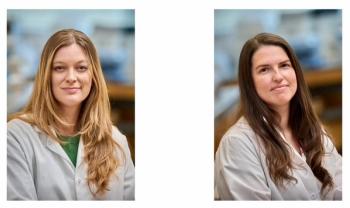
In Part 2, Anna Seekatz, PhD and PhD candidate Sophie Millard highlight the need for precision microbial therapies tailored to host-specific gut environments.

Clemson University researchers Anna Seekatz, PhD, and PhD candidate Sophie Millard uncover how functional mismatches between donor microbes and recipient gut environments could limit the success of microbiome-based therapies.
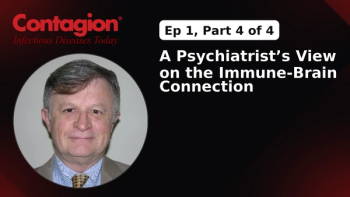
Ep 1, Part 4 of 4, Robert C Bransfield, MD, continues to share how vector-borne infections may trigger psychiatric symptoms not through direct brain infection, but by disrupting immune signaling and gene expression.
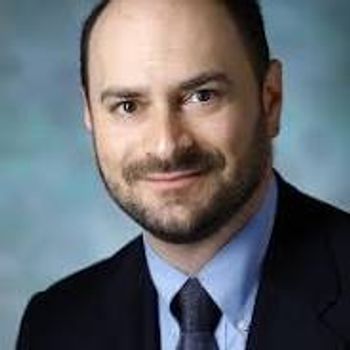
Johns Hopkins is offering its Pamela Tucker transplant and oncology infectious diseases course. Its director, Shmuel Shoham, MD, offers more information about this continuing education opportunity.